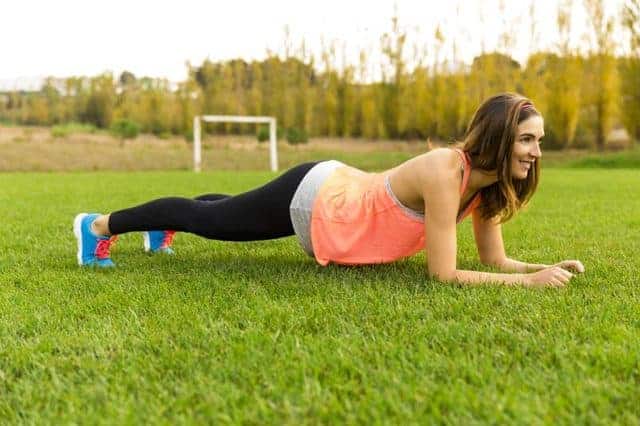Pregnancy is no time to give up exercising. Some pregnancy complications may require that you do not participate in exercise but the majority of women can continue a core exercise routine throughout their pregnancy. The same chemical and physical benefits that a woman gets from exercising are transferred to their child. Women that exercise have healthier babies.Each stage in your pregnancy will require a different set of exercises and a different level of exercise. As you get bigger you will have to make accommodations in your exercise routine but physiotherapy has developed a set of exercises that work for you during any part of your pregnancy.
One of the major benefits of exercise during pregnancy is strengthening your pelvic floor. The distortion of the musculature in your pelvic floor can be a source of pain during pregnancy and can produce urinary leakage. The abnormal strain that pregnancy produces on your pelvic floor can also prevent you from enjoying sex again after you have had your baby.Physiotherapy Cambridge has participated in several clinical studies of the best core exercise for women when they are pregnant and recommend the following as a best practice to keep your core strong while you are pregnant. You should consult a physiotherapy expert and your physician before beginning any exercise routine to insure your health and your child’s health.
Also read: Maternity Swimwear
Physiotherapy Cambridge absolutely insists that you do not do any exercises that make you lie on your stomach while you are pregnant. The position has the potential to harm your child and you and should be avoided in preference of other exercise routines.
Wall push ups
Stand with your feet flat on the floor at arm’s length from an unobstructed flat wall. Place your hands flat on the wall. Lean forward and bend your elbows until you chin almost touches the wall. Try to work up to 15 repetitions per session and at least three sessions per day.
Squats
Squatting exercises the entire core. You can do this exercise almost anywhere. Do not squat so far down that you are likely to fall. You can use a wall to support your back so you do not fall. Physiotherapy has found that using an exercise ball as support for your back is one of the best ways to prevent falls and increase the strength in your core.
Also read: Healthy eating tips during pregnancy
Leg lifts
Place your hands and knees flat on the floor or a mat. Extend one leg as far back as you can while keeping your leg in line with your body. Do the same for the other leg. Work up to 10 repetitions per leg for each session. The exercise strengthens your core and back.
Baby lifts
Place you hands beneath your baby and lock your hands together. Lift you baby a few inches. Do not hold so tightly that you cannot breathe. The exercise strengthens the pelvic floor and gives you the added bonus of feeling your baby move.
Deep Breathing
Breathing deeply pulls all of the muscles of your pelvic floor up and tightens your abdominal muscles. This is a great exercise that you can do anywhere. Avoid doing the exercise for extended periods. About three minutes of deep breathing is best for each session.
Also read: Chinese Gender Predictor
Knee bends
Lay flat on your back on the floor with your feet flat on the floor and you arms at your sides. Press your palms on the floor, inhale and hold your breath, and raise one leg to an angle that is 90 degrees. Exhale as you let you leg come back to the original position. Repeat the movements with the other leg. The leg movement and breathing strengthen the pelvic floor, back, and abdomen.
These are a few of the many exercises that physiotherapy research has found to be most beneficial to pregnant women in keeping their core strong and eliminating the complications that loss of core strength can cause during and after pregnancy.
